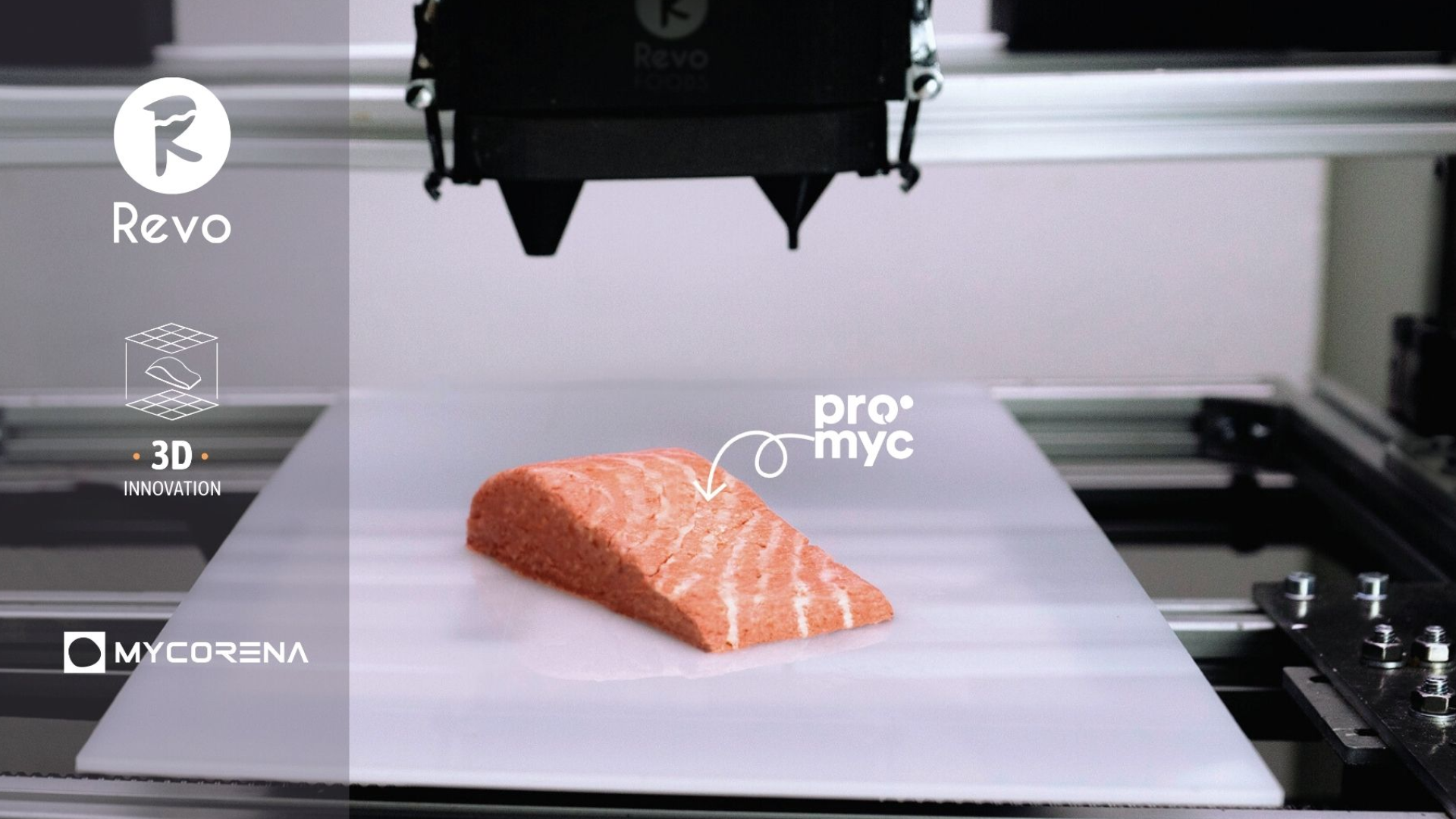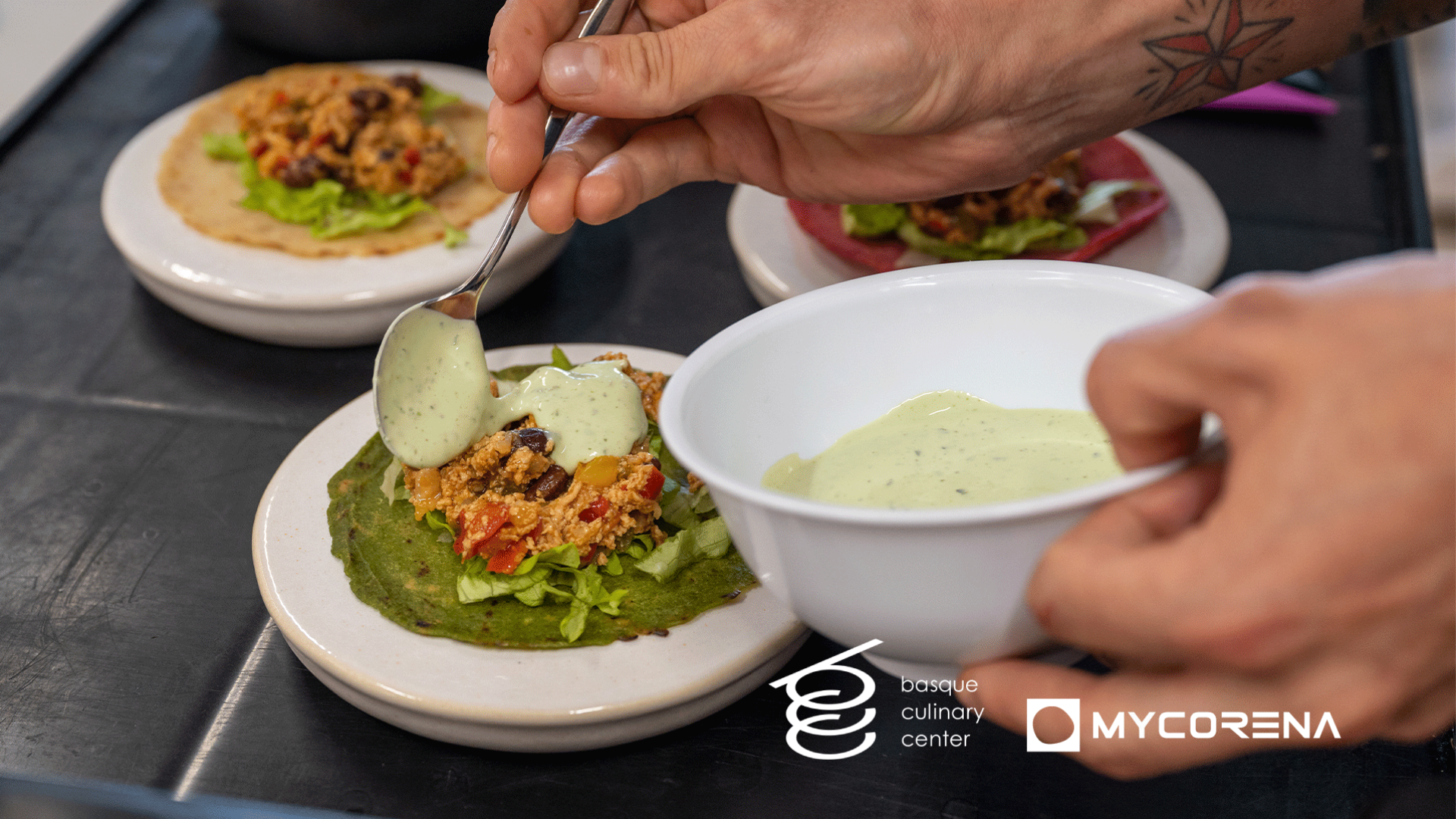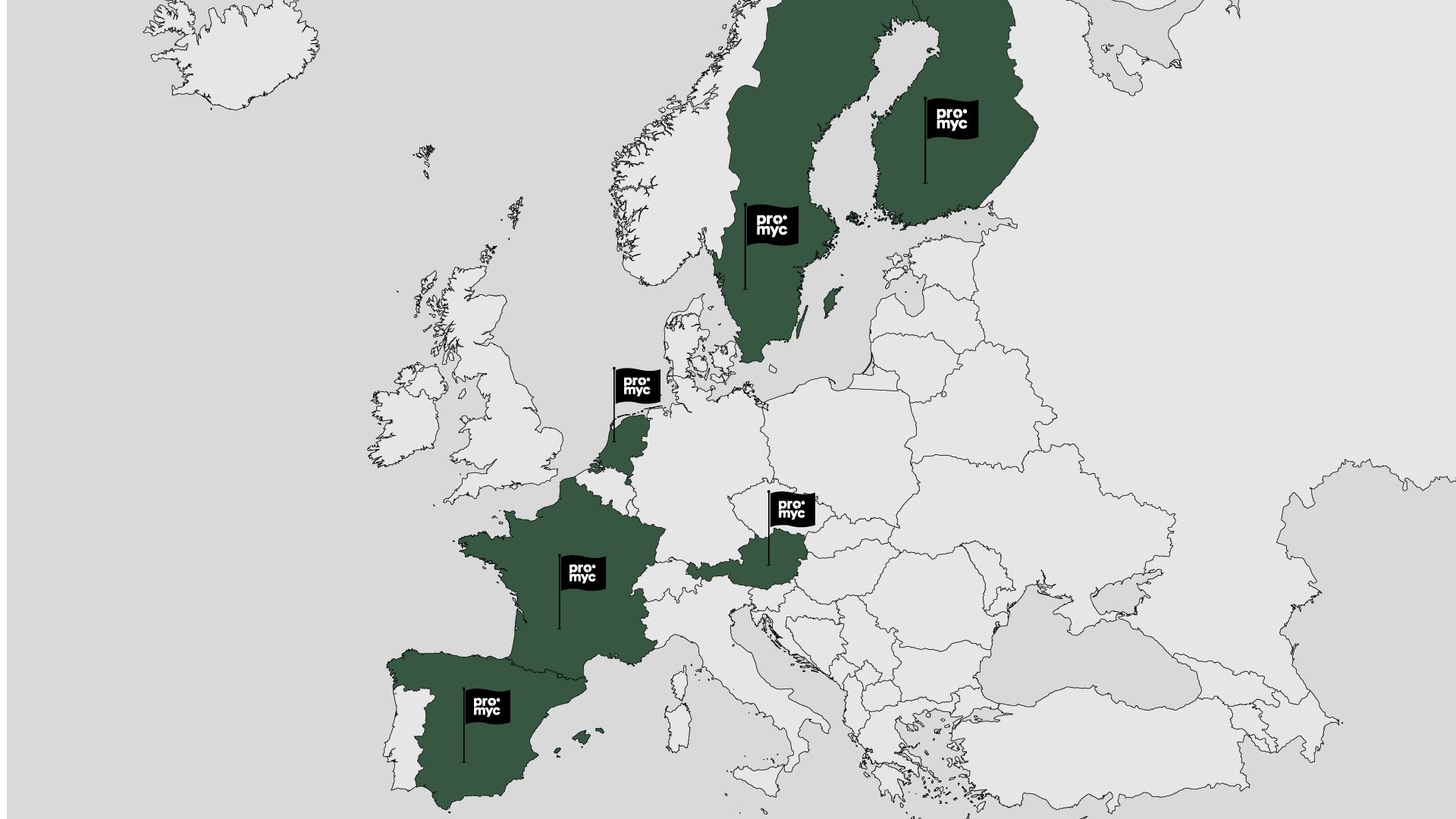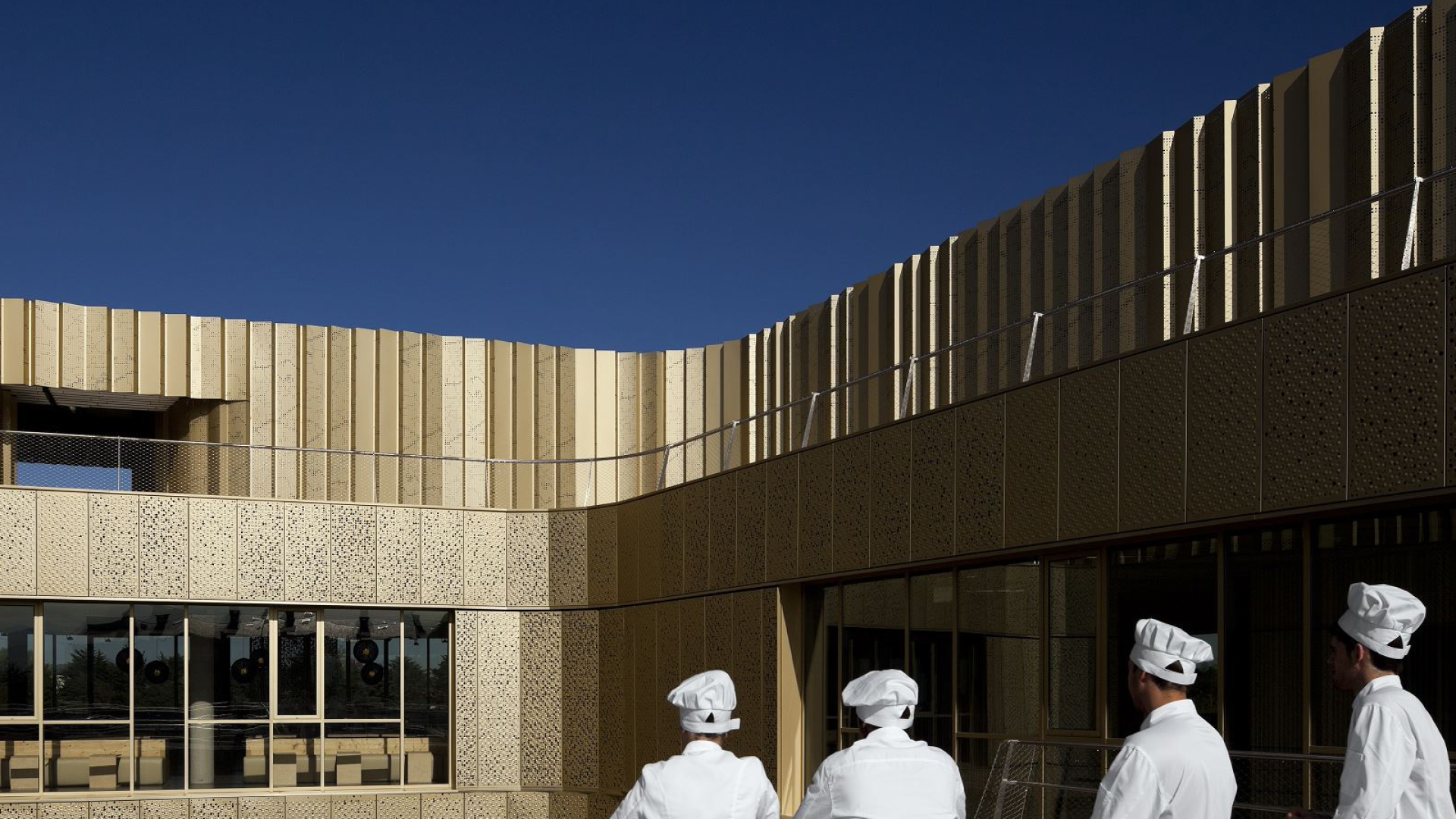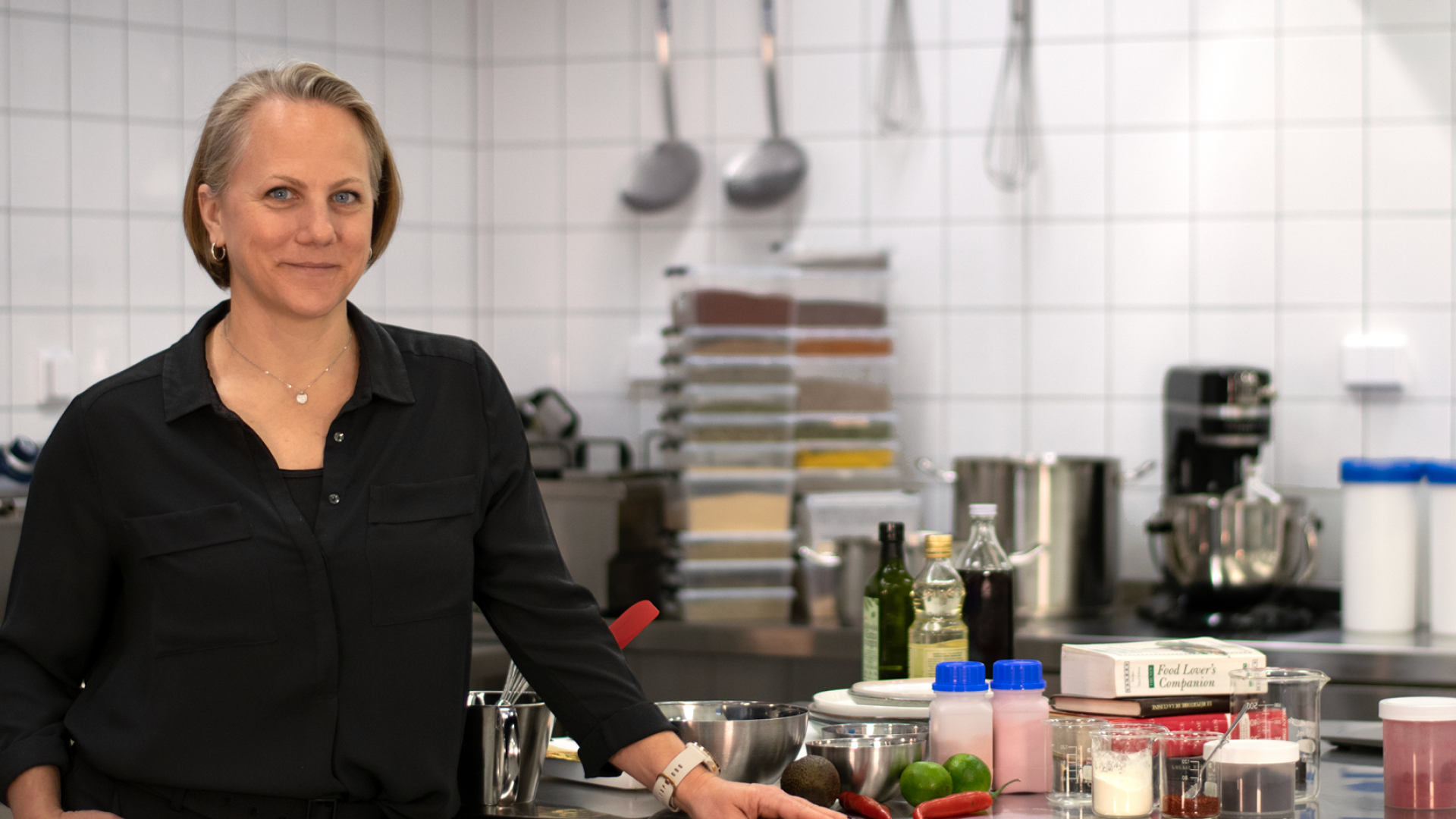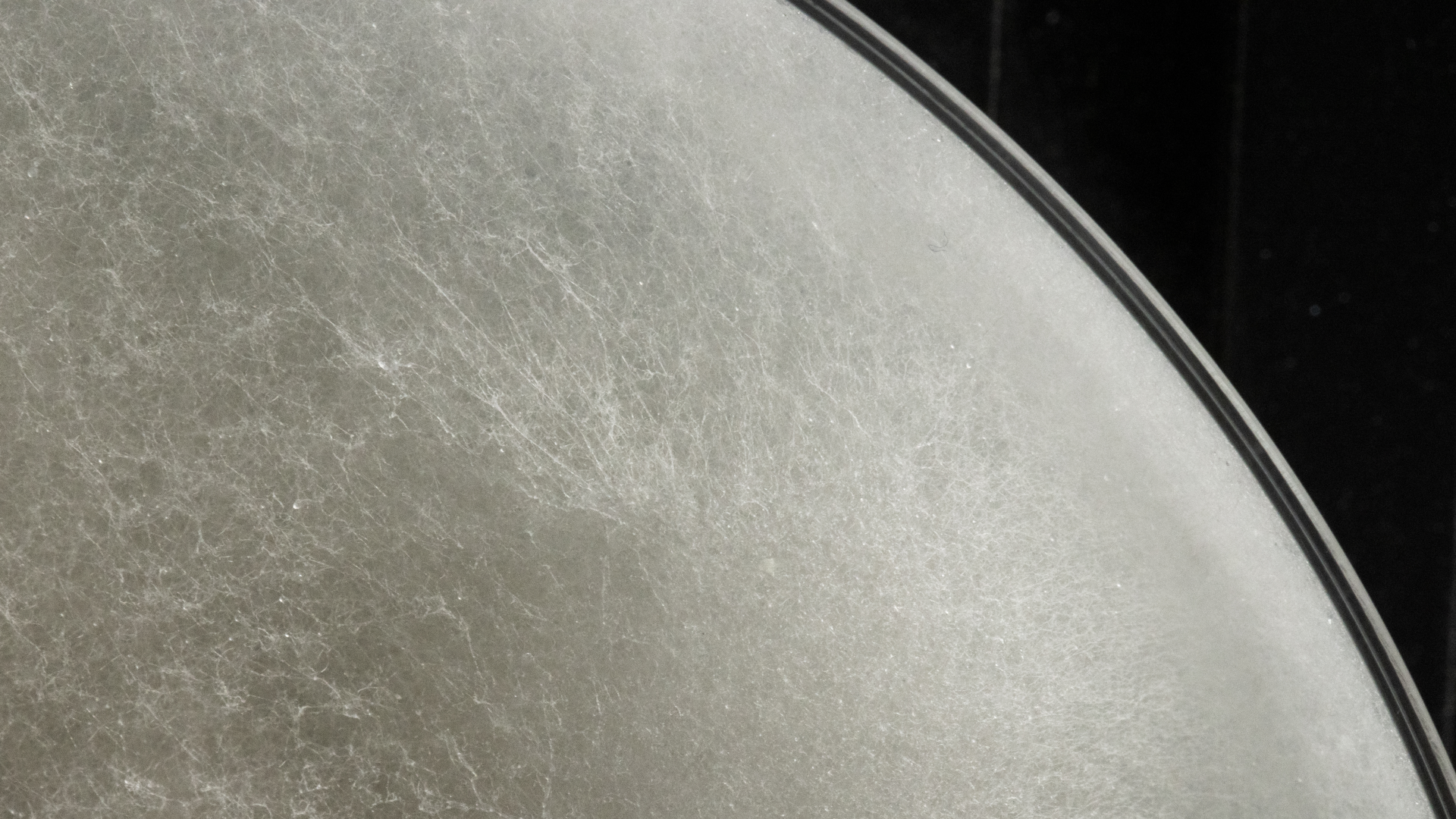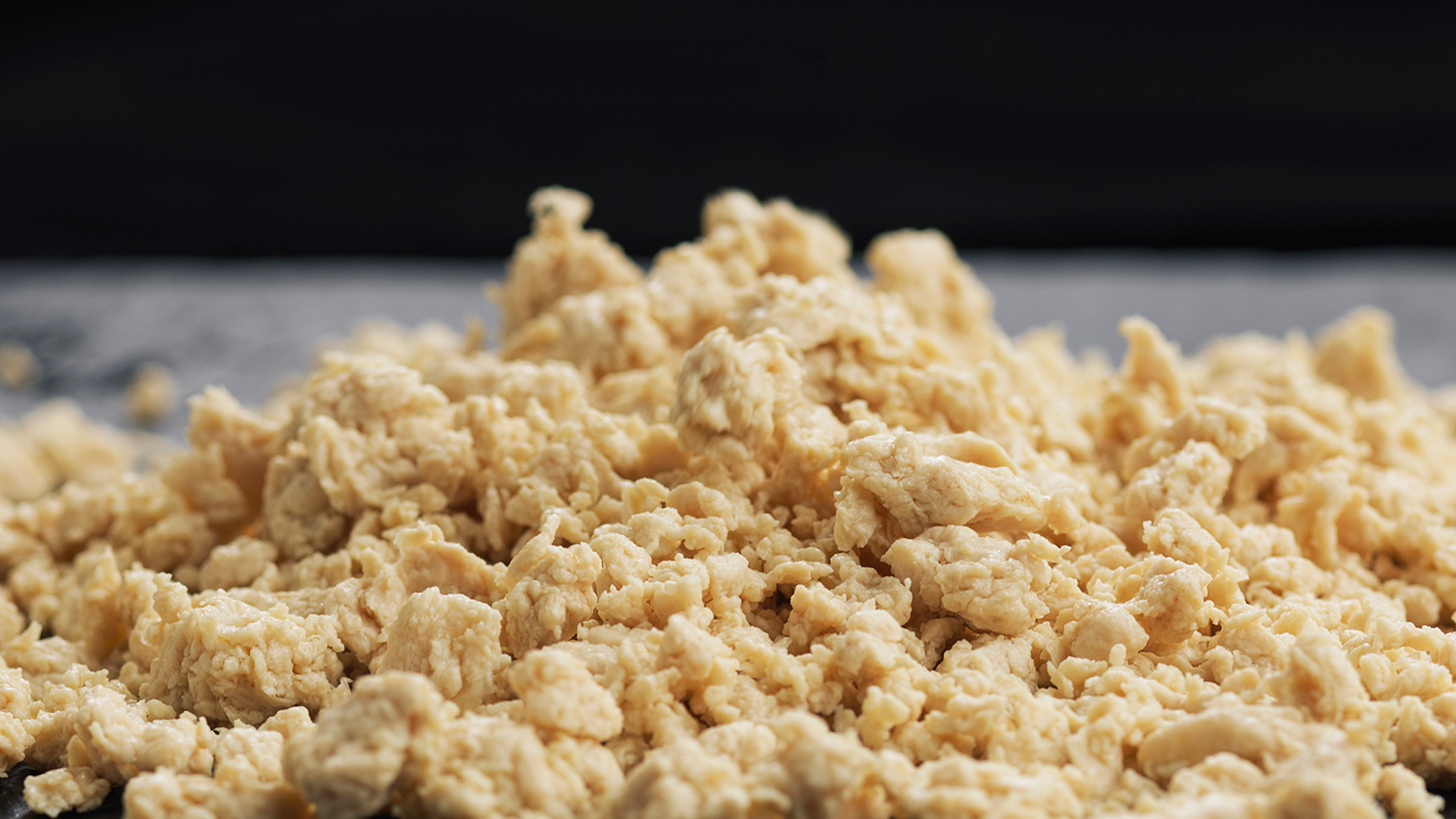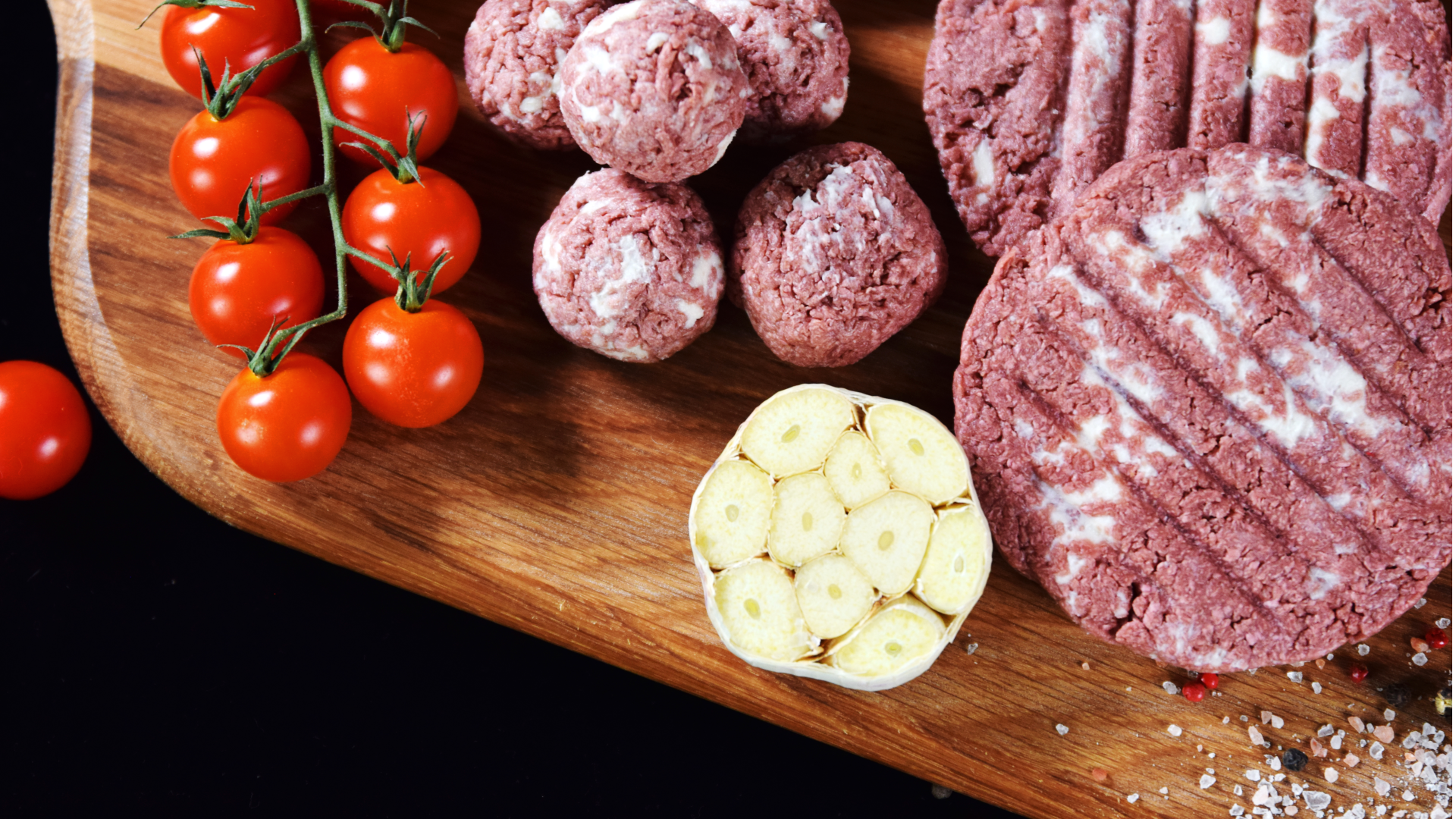A lot of things change throughout the decades. However, one thing we can be sure is not going to change, are our needs for food. As long as we humans cannot produce sustainable, long-lasting food sources like plants, we’ll always long for food. In 2050 the human population is expected to reach as much as nine billion. Then the question is: what are we going to eat, and will there be enough food for us all by that time?
Talking about food does not only concern the type of food. It concerns the entire chain, from farm to table and even body, such as nutrition. This clearly shows how complex this area is and how urgent it is for us to start thinking of and planning for the future. A solid and collaborative human community is needed since this is a global challenge. It’s not necessarily only about food and feeding people, but as mentioned in Weforum, it includes all aspects of economy and society.
Through the United Nations, the world is targeting zero hunger by 2030. As declared on the Sustainable Development Goals, this is to be achieved by addressing affordability and access to healthy, nutritious diets. Of course, it comes parallel with challenges such as unavoidable climate change, pandemics, and many more. However, continuous efforts are being made, such as increasing awareness regarding food waste, local food production and encouraging diet shifting towards more sustainable food sources. All of these are small steps preparing us to feed the future.
As the diet shifting has begun, animal protein is no longer being thought of as the first option, which is giving more exposure to plant-based or other alternative protein. This also means more innovation and technology is needed. Of course, it should taste good since eating is meant to be pleasant. The ideal property of alternative protein is not only to taste like animal protein but moreover to provide good nutrition with more sustainable production and distribution.
Plant-based foods vary greatly, yet we still need to find more alternatives to these traditional food sources since we’re not only talking about a family, providing for the entire world's needs is a different story. The great thing about alternative food, especially protein, is that it does not necessarily have to only come from plant materials, other sources can be used, such as insects and fungi.
Thanks to science and technology, more innovative food sources can be developed. Fermentation for example is a process that has been used for many years, yet more variations of sustainable and nutritious products can be produced. Imagine if we could produce more food without using too much land and water, how great it will be. This is only one example of how people can start making a real impact through innovation and technology. Advanced technology like lab-grown protein and food 3D printing is no longer impossible.
Innovation and technology alone are not enough to feed the world, food will always be the commodity of the lifetime. As mentioned above, a collaborative human community is important. No innovation and sustainable solutions can be found without collaboration from every layer of the population. It’s impossible to utilize advanced technology without responsible and aware communities. Industries and governments also need to take responsibility and work for hand in hand. Everyone must be more aware of what we’re facing, perhaps starting to reduce food waste and become more responsible on consumption habits and by seeing innovation and technology as opportunities, not threats.
So how does the future look? No one really knows. The answer is not yet defined. However, if we continue our efforts to come together and make gradual progress toward the 2030 goal, hopefully, we will be able to feed ourselves in the years to come. After all, feeding the entire planet has no one-size-fits-all solution, it will always be a work in progress.
Author:
Fiona Ernesta
Product Developer


